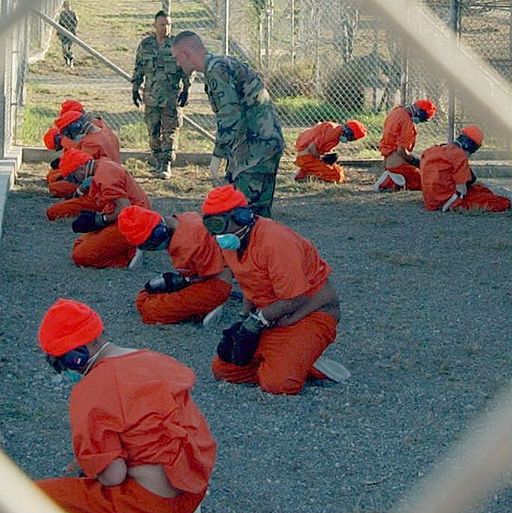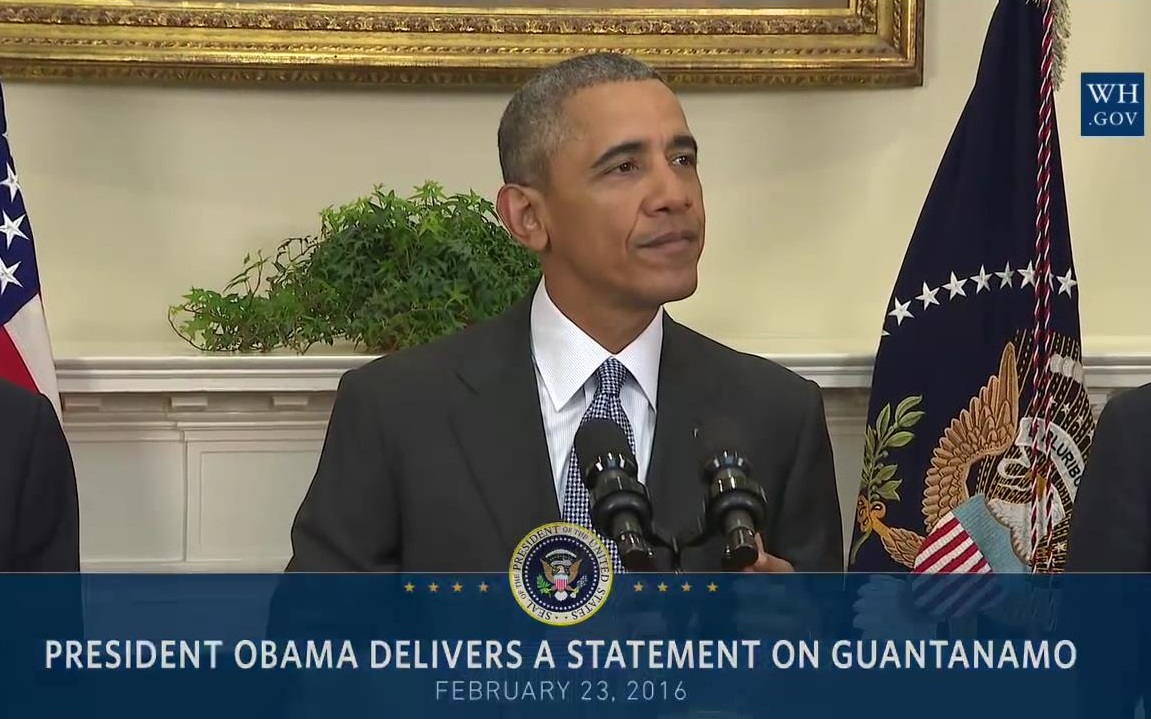(Originally posted on The Source)
President Barack Obama this week announced his intention to close the detention facility at Guantanamo Bay, Cuba. The decision to open the facility in the first place was a bad idea in theory, made even worse in practice, said Leila Sadat, professor of law at Washington University in St. Louis and a renowned expert on international criminal law.
“The Guantanamo Bay detention facility is a disgrace, and keeping it open makes Americans less safe,” said Sadat, the Henry H. Oberschelp Professor of Law and director of the Whitney R. Harris World Law Institute. Sadat has served as special adviser on crimes against humanity to the International Criminal Court prosecutor.
“Ever since photos of bound and hooded prisoners in orange jumpsuits, caged in open-air, barbed wire fences circulated on the Internet in January 2002, the United States has embarked upon a path of destroying its international credibility, providing international terrorists with a recruiting device, and flaunting the laws of war, international human rights law, and the U.S. Constitution and federal law,” said Sadat, who, in addition to her work on crimes against humanity and the International Criminal Court, has published extensively on the legal framework governing the conduct of the U.S. “war on terror” and the treatment of detainees and civilians in the United States and abroad.

Detainees in a holding area at the Naval Base in Guantanamo Bay, Cuba upon arrival at the detention facility in 2002.
“The legal regime governing the prisoners’ detention has shifted over time, as court battle after court battle has been fought to provide them with counsel and prevent them from being tortured or subject to cruel treatment,” Sadat said. “The U.S. Supreme Court in several important decisions found the regime proposed by the Bush administration illegal under U.S. and international law; the International Red Cross has criticized the United States for violating the Geneva Conventions (in reports leaked to the press); United Nations bodies have repeatedly cited the United States as not in compliance with its legal obligations under the Geneva Conventions, the Torture Convention and the International Covenant on Civil and Political Rights; and our allies have repeatedly referred to the detention center at Guantanamo Bay as a reason not to cooperate with us in our common goal of fighting international terrorism,” she said.
“Although, on a global scale, the number of individuals held in the prison is small, the prison has become an international symbol of racial hatred and human rights abuses, and has been referred to by Amnesty International as ‘the gulag of our time,” Sadat said. “Understanding the terrible cost of Guantanamo — moral, political and legal — President Obama pledged to close it immediately upon taking office, a decision supported by then-presidential candidate John McCain. The president’s presentation of a nine-page plan to Congress on Feb. 23 represents one laudable last effort to keep that promise.”


